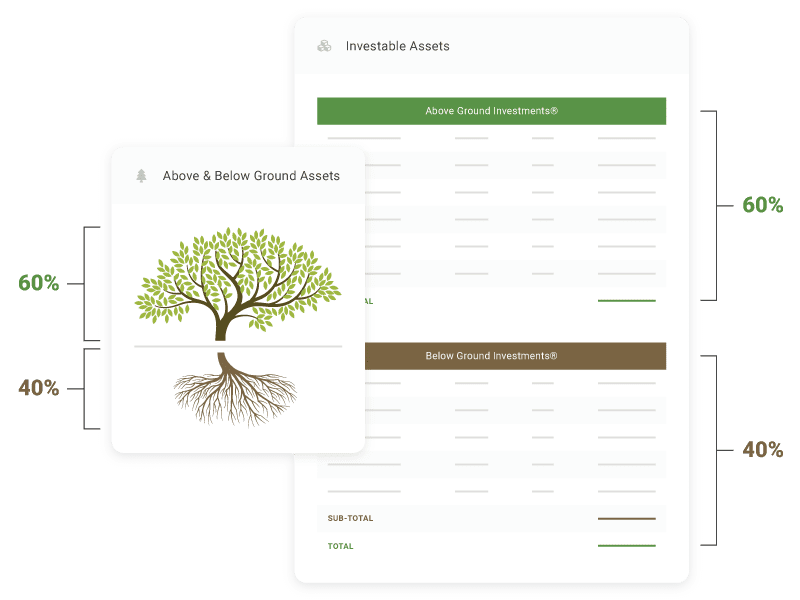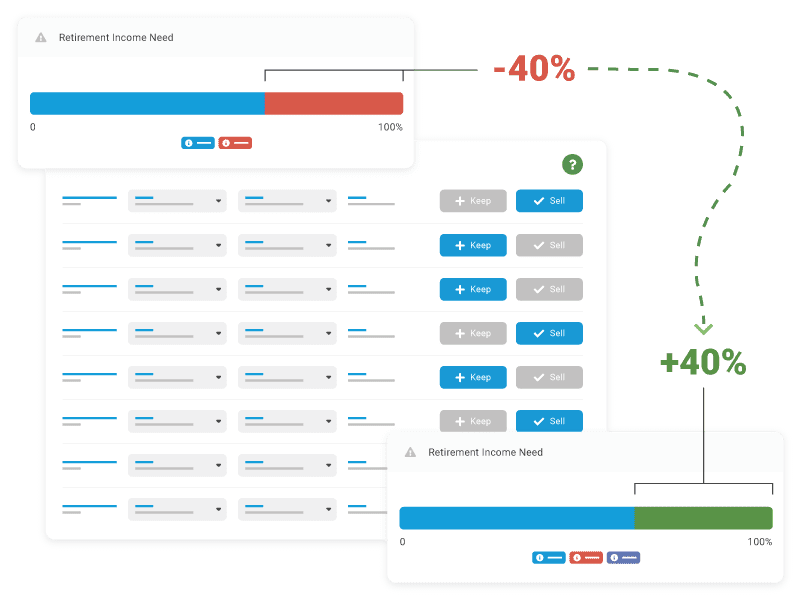Consider These 5 Ways to Reduce Taxes As A Retiree
As anyone who’s reached retirement age can tell you, taxes don’t go away just because you’re no longer working. In fact, taxes can actually increase in retirement, since you’re likely to have a lower income and fewer deductions. That’s why it’s so important to take advantage of every opportunity to reduce your taxes in retirement. By saving on taxes, you’ll have more money to cover your expenses and enjoy your golden years.
There are a number of ways to reduce your taxes in retirement.
Take Your Retirement Plan Contributions Into Account
When it comes to retirement planning, there are a lot of moving parts. And one of the most important pieces is making sure that you stay on top of your retirement plan contributions. That’s because retirement plan contributions can have a major impact on your taxes. If you don’t take them into account, you could end up owing a lot of money come tax time.
There are two things to keep in mind when it comes to retirement plan contributions and taxes. First, if you make any contributions to a traditional retirement plan, such as a 401(k) or an IRA, those contributions are tax-deductible. That means you can lower your taxable income by the amount of your contribution. Second, if you don’t make the required minimum contribution to your retirement plan, you may be subject to a penalty tax. So it’s important to make sure that you take both of these things into account when you’re planning for retirement.
One is to take advantage of retirement accounts like IRAs and 401(k)s, which offer tax-deferred or tax-free growth. Another is to careful planning when it comes to withdrawals from your savings, since taking out too much money at once can trigger a higher tax bill. Finally, remember that many states offer tax breaks for retirees, so be sure to research what’s available in your state of residence.By taking these steps, you can ensure that you keep more of your hard-earned money in retirement.
Understand the Dos and Don’ts of IRAs
If you’re over the age of 70, you can still contribute to an IRA. However, there are a few things to keep in mind. First, if you’re still working, you can only deduct your IRA contribution if your income is below a certain threshold. If you are 72 or older, you don’t need to pay tax on required minimum distributions (RMDs) from a traditional IRA if you transfer the funds to a charity. However, these funds must be transferred by your IRA trustee or custodian to an IRS-approved charity. You will also need written acknowledgment from the charity as you would for a charitable contribution. The annual limit for this particular strategy is $100,000 a year for individuals. This means if you’re married both you and your spouse have a limit of $100,000 a year.

Make the Most of Tax Deductions During Retirement_Kaizen Wealth
Make use of Tax Deductions and Credits Available to Retirees
As a retiree, you may be surprised to learn that there are a number of tax deductions and credits available to you. While you may not be working, you are still eligible for many of the same tax breaks as working taxpayers. Here are a few of the most common tax deductions and credits available to retirees:
- The standard deduction: This is the deduction that all taxpayers are entitled to claim, regardless of their income or filing status. The amount of the deduction varies depending on your age and whether you are filing as an individual or married couple. For 2021-2022, the standard deduction is $12,550 for single filers and $25,100 for married couples filing jointly.
- The earned income tax credit: This tax credit is available to low- and moderate-income taxpayers who work. To be eligible, you must have earned income from employment or self-employment. The amount of the credit can vary depending on your income and family size. You can find the 2021-2022 EITC numbers here.
- The child tax credit: This tax credit is available for taxpayers who have dependent children under the age of 17. The amount of the credit is per child, up to a maximum of $3,600 per child. To be eligible, the child must be a U.S. citizen or resident alien, and you must have provided more than half of their support during the year.
Ask About Other Tax Deductions Available
As a retiree, you may be feeling like you’re in the high tax bracket. But there are plenty of tax deductions and credits available to help ease the tax burden. Here are a few deductions and credits for retirees you may want to inquire about:
- Retirees who are still working can claim a tax deduction for their employment-related expenses, such as job-search costs, uniforms, and tools.
- Self-employed retirees can deduct their business expenses from their taxable income.
- Retirees who itemize their deductions can deduct their charitable donations, medical expenses, and home mortgage interest from their taxable income.
Tax deductions and credits can help save on taxes and increase your refund. Be sure to consult with a tax professional to determine which deductions and credits you

Living in Tax Free States_Kaizen Wealth
Live in Tax-Free States
Many retirees take advantage of living in a no-tax state or tax-free state. So what are the tax-free states in the united states?
There are a handful of states that don’t tax income and two states—New Hampshire and Tennessee—that only tax interest and dividend income. Here’s a breakdown of which states don’t have an income tax:
- Alaska
- Florida
- Nevada
- South Dakota
- Texas
- Washington
- Wyoming
The main downside of living in a state with no income tax is that you may have to pay higher sales taxes. For example, Texas has no state income tax but does have high sales taxes. So if you’re retired and on a fixed income, living in a state with no income tax but high sales taxes may not be the best option
Talk to a Financial Advisor and Your Accountant
When and if you have any questions about taxes and retirement it’s always a smart move to talk to the financial experts in your life, in this case, your financial advisor and your accountant. They will help you to navigate the ins and outs not only of your retirement plan but can also help you save on your taxes as well. A reputable wealth manager or financial advisor will have tax solutions they can offer to help alleviate your concerns. You can find just a few of ours here. In the example of the no-tax states, some states have different criteria you need to meet to qualify for tax savings. For example, if you are trying to qualify for tax savings in Florida you must live there for a minimum of 6 months during the year.
The Takeaway
Taxes in retirement can be a big issue for retirees. There are many ways to save on taxes during retirement, but it is important to know the rules and restrictions before making any decisions. For example, qualified retirement plans such as 401(k)s and IRAs offer tax breaks that can help reduce your taxes in retirement. Additionally, many states offer tax breaks for retirees, so it is worth researching your state’s taxes before making any decisions. Finally, remember that taxes are just one part of the equation when it comes to saving for retirement – focus on saving as much as you can so that you can enjoy a comfortable retirement.
Wondering how to account for inflation during retirement planning? Find our latest article here to learn more.



